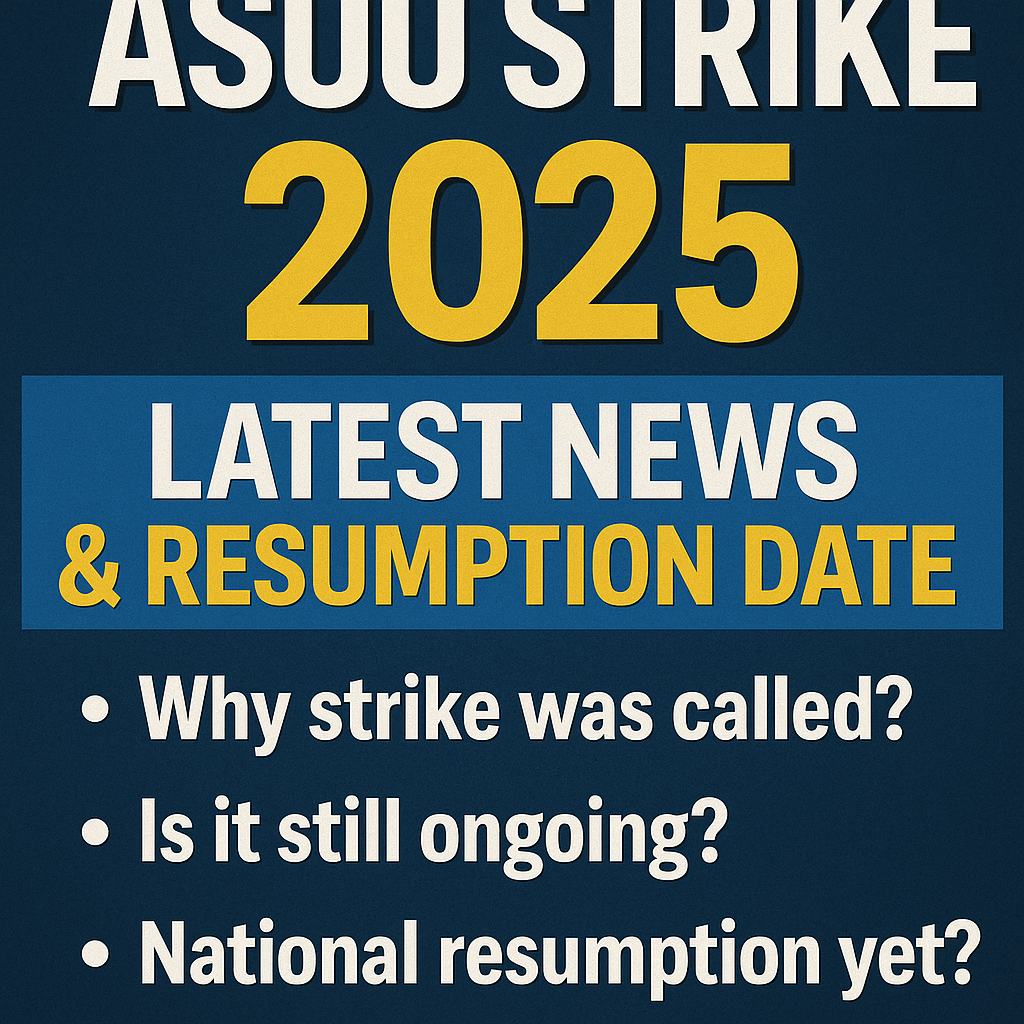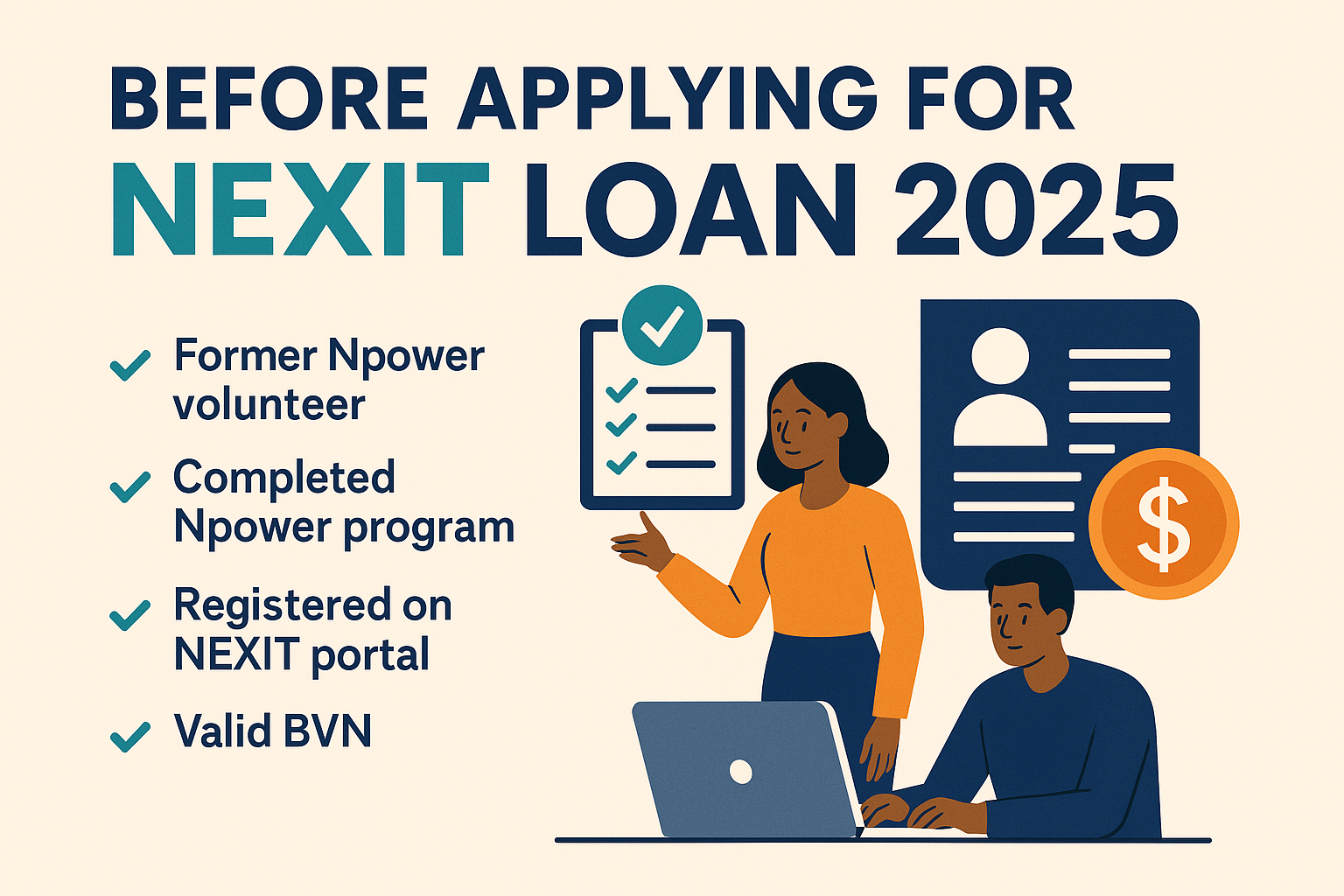Securing a federal government job in Nigeria is competitive — and acing the interview stage is crucial. Whether you’ve applied to agencies like the Federal Civil Service Commission (FCSC), Nigerian Immigration Service (NIS), Customs, NDLEA, or NNPC, the interview phase determines if you get the job.
In this guide, we’ll walk you through the top 20 federal job interview questions and expert answers, along with tips on how to prepare, how interviews are conducted, and what to expect during federal recruitment in 2025.
What to Expect in a Federal Government Interview
Federal job interviews in Nigeria are often structured, panel-based, and sometimes conducted in written + oral formats. You may be assessed on:
-
General knowledge & current affairs
-
Knowledge of the agency or ministry
-
Your qualifications and experience
-
Communication & interpersonal skills
-
Professional ethics and discipline
Some interviews may also include aptitude tests before oral sessions.
General Preparation Tips
-
Read up on the agency/department’s mandate, structure, and functions
-
Stay updated on national and international current affairs
-
Review your CV and credentials
-
Practice answering common behavioral and situational questions
-
Dress formally and arrive early
See our complete guide on how to prepare for government job interviews
Top 20 Federal Job Interview Questions and Sample Answers
Below are common questions and sample answers to guide you.
1. Tell us about yourself.
This is often the opening question.
Sample Answer:
My name is Adebayo Samuel. I studied Economics at the University of Ibadan, graduating with Second Class Upper. I have over 3 years of experience in data analysis and policy evaluation. I’m passionate about public service and believe in contributing to national development through structured governance.
2. Why do you want to work with this federal agency?
Make sure your answer aligns with the agency’s mission.
Sample Answer:
I am drawn to this agency because of its critical role in national development. I admire its impact in public administration and believe that my skills in project coordination and community engagement would contribute meaningfully to its objectives.
3. What are your strengths and weaknesses?
Be honest but strategic.
Sample Answer:
My key strength is effective communication and attention to detail. As for weakness, I sometimes try to perfect things too much, but I’m learning to manage my time more effectively.
4. What do you know about our agency/ministry?
Research before the interview!
Sample Answer:
This ministry was established in 1999 and focuses on youth empowerment, sports development, and policy implementation. One of its key projects is the NYIF initiative, which I find impactful.
5. How do you handle pressure or stress?
Sample Answer:
I stay calm by organizing tasks in order of priority and asking for help where necessary. I also use breathing techniques and short breaks to stay focused during stressful situations.
6. Where do you see yourself in 5 years?
Sample Answer:
I hope to have grown within the agency, taking on more responsibilities in policy implementation and contributing to strategic planning initiatives.
7. Describe a time you solved a difficult problem.
Use the STAR method (Situation, Task, Action, Result).
Sample Answer:
During NYSC, I worked in a school where there were no teaching aids. I created low-cost charts and engaged the local PTA. As a result, student performance improved by 30% in that term.
8. Are you willing to work in any part of Nigeria?
Sample Answer:
Yes, I understand that public service may require relocation. I’m willing and committed to serve wherever I’m posted.
9. What makes you a good candidate for this role?
Sample Answer:
My academic background, combined with relevant work experience and my passion for public service, makes me a strong fit. I bring reliability, discipline, and a drive for excellence.
10. How would you handle conflict with a colleague?
Sample Answer:
I would seek a private conversation to understand their perspective, express my concerns respectfully, and find common ground. If unresolved, I would escalate it to a supervisor.
11. What is your understanding of civil service rules?
Sample Answer:
Civil service rules are a set of guidelines that govern conduct, appointment, promotion, discipline, and retirement in public service. They ensure accountability and order.
12. How would you deal with corruption in the workplace?
Sample Answer:
I would report it through the appropriate internal channels or agencies like ICPC or EFCC. Integrity is critical in public service.
13. What’s your salary expectation?
Sample Answer:
I’m comfortable with the standard grade level compensation for this role and willing to negotiate within the approved salary structure.
14. Tell us about your teamwork experience.
Sample Answer:
I’ve worked in project teams during my NYSC and in my current job. I value collaboration and have learned how to balance responsibilities and meet shared goals.
15. What would you do if given a task outside your expertise?
Sample Answer:
I’d first try to research and upskill where possible, or ask for clarification. If needed, I’d consult a more experienced colleague to ensure the task is properly done.
16. How do you stay updated with national news?
Sample Answer:
I follow NTA, Channels TV, national dailies, and government websites like nigeria.gov.ng and npower.gov.ng.
17.Are you currently engaged in other employment?
Answer honestly. If yes, say you’re willing to resign if offered.
18. Do you have any professional certifications?
Mention any you have (HSE, PMP, Digital Skills, etc.) and explain how they relate to the role.
19. Are you aware of the structure of our agency?
Mention the leadership (Minister, DG, etc.), departments, and key projects.
20. Do you have any questions for us?
Ask intelligent questions like:
-
What are the opportunities for professional development?
-
What’s the expected start date for new recruits?
How to Answer Interview Questions Confidently
Practical Tips
-
Practice your responses aloud.
-
Maintain eye contact and calm tone.
-
Focus on clear, structured answers using the STAR method.
-
Stay positive and avoid controversial remarks.
Interview Mistakes to Avoid
-
Coming late or dressing casually.
-
Giving yes/no answers without elaboration.
-
Speaking negatively about past employers.
-
Interrupting panel members or using slang.
-
Failing to research the agency before interview.
Dress Code and Body Language for Government Interviews
| Aspect | Recommendation |
|---|---|
| Attire | Suit or native corporate wear (well-ironed and neat) |
| Shoes | Polished closed shoes |
| Accessories | Minimal jewelry, no flashy items |
| Posture | Sit upright, maintain eye contact |
| Gestures | Nod to show engagement, avoid excessive hand movement |
Questions You Should Ask the Interviewer
Smart Questions to Ask:
-
“What opportunities are there for professional development in this role?”
-
“How does this department measure performance success?”
-
“What are the next steps after this interview?”
These questions show interest and initiative.
FAQs about Federal Job Interviews in Nigeria
1. How long does it take to hear back after a federal interview?
Usually within 2–6 weeks, depending on the agency.
2. Can I apply without NYSC?
Some agencies accept NYSC exemption certificates. Others may require full service completion.
3. What is the pass mark for federal job interviews?
There’s no fixed mark, but aggregate performance, behavior, and technical competence all count.
4. Are group interviews common?
Not often. Most are individual panel interviews.
5. What happens if I fail the interview?
You may be added to a reserve list or required to reapply in the next recruitment phase.
6. Can I reapply for a federal job after rejection?
Yes. As long as you meet the requirements, you can reapply anytime the portal opens.
Alos Read
Final Words
The competition for federal jobs is fierce, but preparation gives you the edge. Study common questions, rehearse your responses, and walk into the interview with confidence and knowledge of your target agency.
Don’t forget your credentials
Practice your posture, tone, and eye contact
Most importantly, be honest and professional
We wish you success in your federal recruitment journey!




